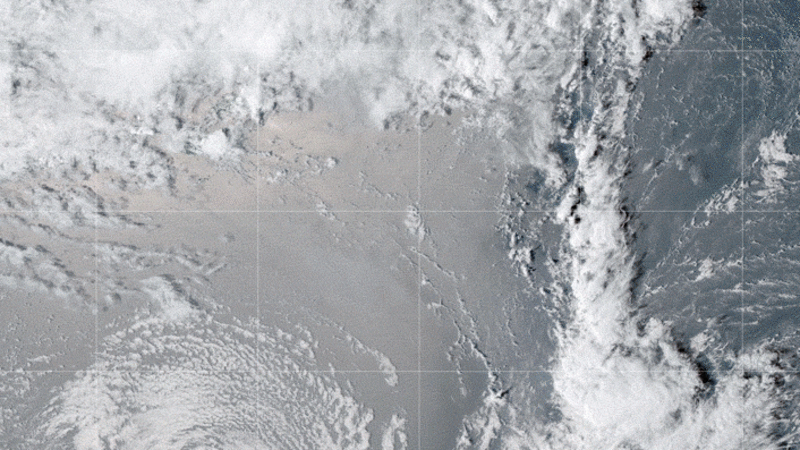Posted on Aug 2, 2022
Tonga's eruption injected so much water into Earth’s atmosphere that it could weaken the ozone...
772
7
2
5
5
0
Posted >1 y ago
Responses: 2
That's amazing isn't it! Excessive amounts of water vapor in the stratosphere. Glad you posted that Lt Col Charlie Brown I was going to post the article if no one else did.
"The excess water vapor injected by the Tonga volcano, on the other hand, could remain in the stratosphere for several years."
"The sheer amount of water vapor could be enough to temporarily affect Earth’s global average temperature."
If it is going to stay up in the stratosphere for years, and "could" temporarily warm Earth’s surface, and affect the average global temp, even though JPL says it will not contribute to climate change (because "climate" is hundreds of years of weather and more . . . and because it is science and can not be definite, lol) it very well may have contributed to the whole planet's heatwave . . . maybe the rain too because apparently the water vapor will stay up there unless conditions are right for precipitation! Good of JPL to clue us in about that theory after seeing enough seeming evidence that they could shed some light on the mystery of the global heat wave! Until or unless something similar happens again, we can only monitor conditions and theorize.
Like the article says, much more definitely (because it happen oftener) - its the opposite, a cooling effect, when it is primarily gas, dust, and ash that erupts.
"The excess water vapor injected by the Tonga volcano, on the other hand, could remain in the stratosphere for several years."
"The sheer amount of water vapor could be enough to temporarily affect Earth’s global average temperature."
If it is going to stay up in the stratosphere for years, and "could" temporarily warm Earth’s surface, and affect the average global temp, even though JPL says it will not contribute to climate change (because "climate" is hundreds of years of weather and more . . . and because it is science and can not be definite, lol) it very well may have contributed to the whole planet's heatwave . . . maybe the rain too because apparently the water vapor will stay up there unless conditions are right for precipitation! Good of JPL to clue us in about that theory after seeing enough seeming evidence that they could shed some light on the mystery of the global heat wave! Until or unless something similar happens again, we can only monitor conditions and theorize.
Like the article says, much more definitely (because it happen oftener) - its the opposite, a cooling effect, when it is primarily gas, dust, and ash that erupts.
(0)
(0)
Read This Next



 Climate Change
Climate Change Natural Disaster
Natural Disaster Science
Science


